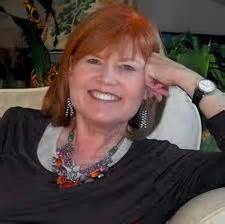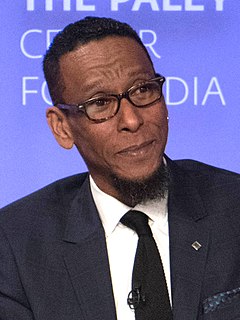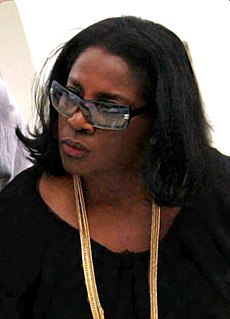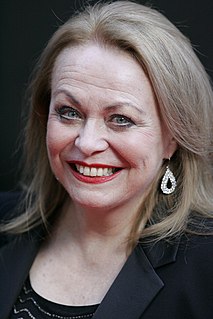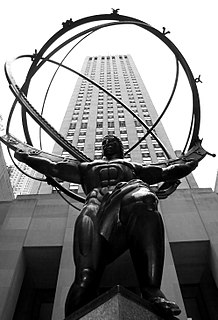A Quote by Ruth Rendell
I'm very fond of Tennessee Williams' plays, and when my husband and I went to New Orleans in the late 1970s, we saw 'A Street Car Named Desire.'
Related Quotes
New Zealand was such a weird place in the 1980s. For instance, we used to have this commercial in the late 1970s where this guy drives this car and stops outside a corner store. He goes in to buy something, and when he comes out, his car is gone. He's like, 'Huh?' Then a voice says, 'Don't leave your keys in the car.'
Woodie King Jr., in 1970, had started a company called the New Federal Theatre, which was ensconced at the Henry Street Settlement. I did a number of plays there, and I auditioned each time. The plays were mostly new. New York was very fertile ground; there was a plethora of African-American plays being done.
New Orleans could not be further removed from where I am from. I come from Holland, where everything is perfectly arranged - it's neat; there's no real crime. There's a very strong middle class. Then you get dumped in New Orleans - just the funkiest city, crazy problems, but also street culture unlike anywhere in the States.
It's just that the characters are speaking their mind. As opposed to it just being an expression, they're actually saying what's on their mind, and that's something that Tennessee Williams is really famous for. Shakespeare does that and Tennessee Williams does that. You crave that, when you're an actor, for sure.
But during all these years I had a vague but persistent desire to return to New Orleans. I never forgot New Orleans. And when we were in tropical places and places of those flowers and trees that grow in Louisiana, I would think of it acutely and I would feel for my home the only glimmer of desire I felt for anything outside my endless pursuit of art.
I do a lot of American plays. I've done a lot of Arthur Miller, Tennessee Williams and Neil Simon. I was in 'Sisters Rosensweig,' 'Six Degrees of Separation,' all of that stuff. So we're very familiar with America. I did 400 performances of 'Born Yesterday.' I did 700 performances of 'They're Playing Our Song.'


